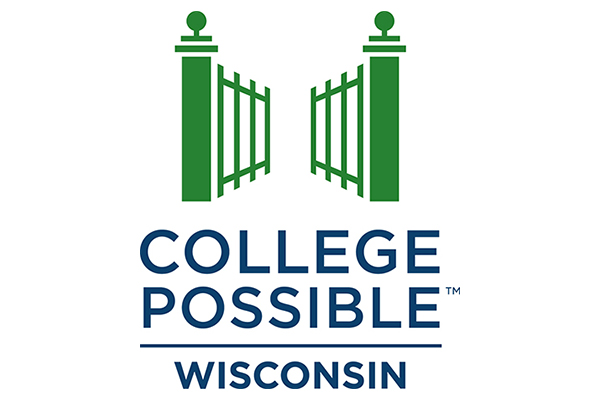Statement on Supreme Court decision from College Possible CEO Siva Kumari
This week, the U.S. Supreme Court handed down a deeply consequential decision that will effectively overturn the use of affirmative action in college admissions. This decision will have far-reaching implications for the more than 24,0001 students served by College Possible annually, among whom 86% identify as persons of color,2 and will jeopardize the important role that higher education plays as an engine of equitable opportunity and economic mobility.
Since our inception in 2000, College Possible has been dedicated to empowering students of color to get into college, and overcome the most common, systemic barriers to degree completion that permeate the higher education industry, and disproportionately affect these students. Through this work, we have witnessed firsthand the transformative power that higher education institutions committed to college equity can play in leveling the playing field and providing more access to the social and economic mobility a college degree can afford. We’ve also witnessed the negative impact of affirmative action bans and restrictions within several of the regions in which we serve students. Along with other organizations of our type, we’ve worked to mitigate the impact of such restrictions by continuing to extend and enhance our evidence-based college access programs. Our work is guided by the beliefs that a college degree is the surest path to improving lifetime earning potential and career trajectories, and that a more diverse college educated workforce strengthens local communities.
However, we cannot ignore the persistent—and in many cases systemic—barriers to higher education that disproportionately affect students of color. Inequitable academic preparation, complex college admissions and academic systems, and institutional racism continue to hinder the education and career aspirations of these students, and thereby the valuable contributions they could make to their communities and the workforce at large.
Affirmative action, when implemented in a holistic manner as part of the admissions process, acknowledges and helps mitigate these systemic barriers. It can help to create the conditions for a more fair and equitable admissions process for all students, regardless of their race or socioeconomic circumstances. It is a crucial tool in addressing the root causes of inequities that persist within our nation’s systems of education. By considering a student’s race and background, colleges can create a more diverse and inclusive learning environment that benefits all students and prepares them for the society they will encounter beyond graduation.
The recent affirmative action ruling, in my view, is unjust and unnecessary. It undermines the progress we have made in promoting equitable access to higher education and threatens to reverse the gains we have achieved in increasing diversity on college campuses, and the corresponding diversity of our nation’s workforce.
As an organization, we remain steadfast in our commitment to supporting students from historically underrepresented backgrounds to navigate the complex college application process and thrive through degree completion. Our mission of creating pathways to higher education and empowering students to achieve their full potential is more critical than ever. Evidence-based programs that augment the limited capacity of high school and college staff will continue to play a critical role in a post-affirmative action world, as we have seen in states that have already banned affirmative action in admissions practices. We must continue to strive for a higher education system that ensures equitable opportunities for all students, regardless of their race or socioeconomic background.
Affirmative action has been one of the most effective ways to help mitigate a history of exclusivity and barriers to higher education that have inequitably impacted students of color nationwide. As we face and begin to understand the implications of the policy ruling, we call upon policymakers, educators and advocates to come together and find new ways to address the root causes that have created barriers to educational opportunity and success—and work toward a future where every student has a fair chance to earn a college degree.
 Siva Kumari
Siva Kumari
CEO, College Possible
1. Fiscal year 2021
2. Of students served fiscal year 2021 who reported race/ethnicity; this represents those who identified as Black/African/African-American, Hispanic/Latinx, Asian/Pacific Islander, American Indian/Native Alaskan or Multiracial.


